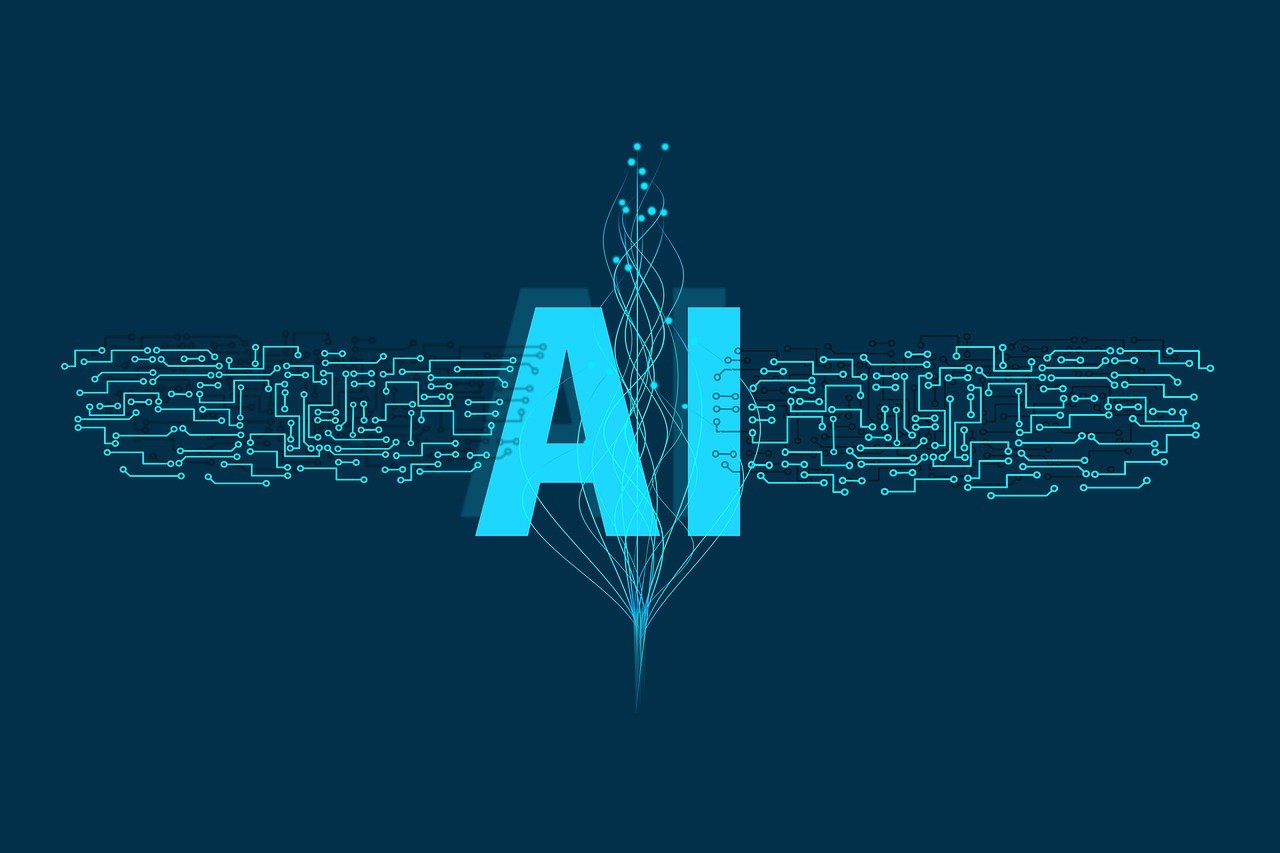Internet Protocol version 6 (IPv6) is formally launched worldwide today, coexisting alongside Internet Protocol version 4 (IPv4). Deploying IPv6 is a key action under the Digital Agenda for Europe. This is because unless the existing Internet infrastructure is upgraded to IPv6, the Internet would slow down as a result of its own success, which would in turn lead to fewer possibilities to drive innovation in the field of new Internet services and applications.
The Internet Protocol is the key by which data is addressed and routed in small packets across networks. This protocol makes Internet and World Wide Web browsing a relatively seamless experience. The final IPv4 addresses allocated to Europe (out of a total of 4.3 billion globally) will be handed out this month. Therefore updating the protocol is essential to ensure there are enough internet addresses for all the computers, mobiles and other devices people need to connect to Internet, and to ensure higher levels of security. IPv6 makes available a practically unlimited number of addresses (340 trillions of trillions of trillions). Here to read more.


